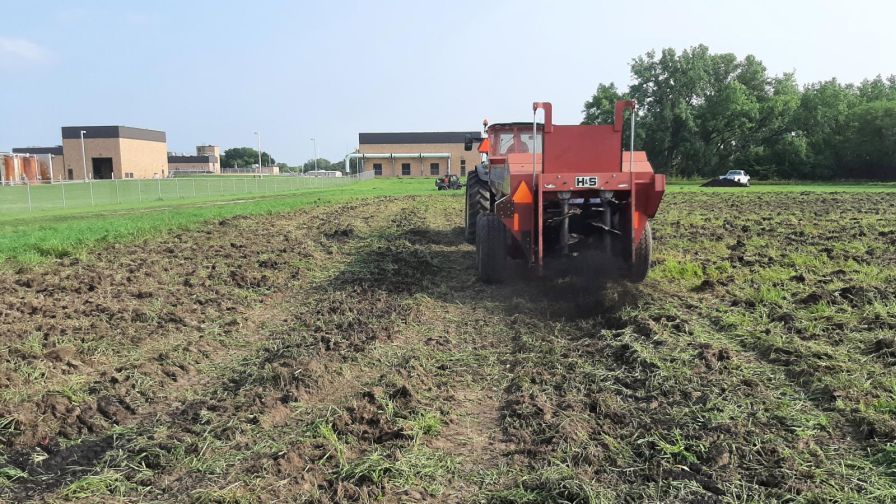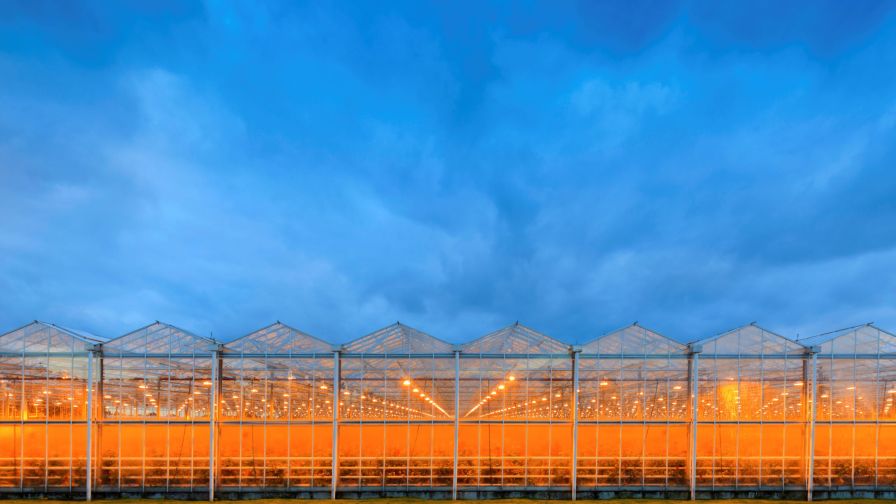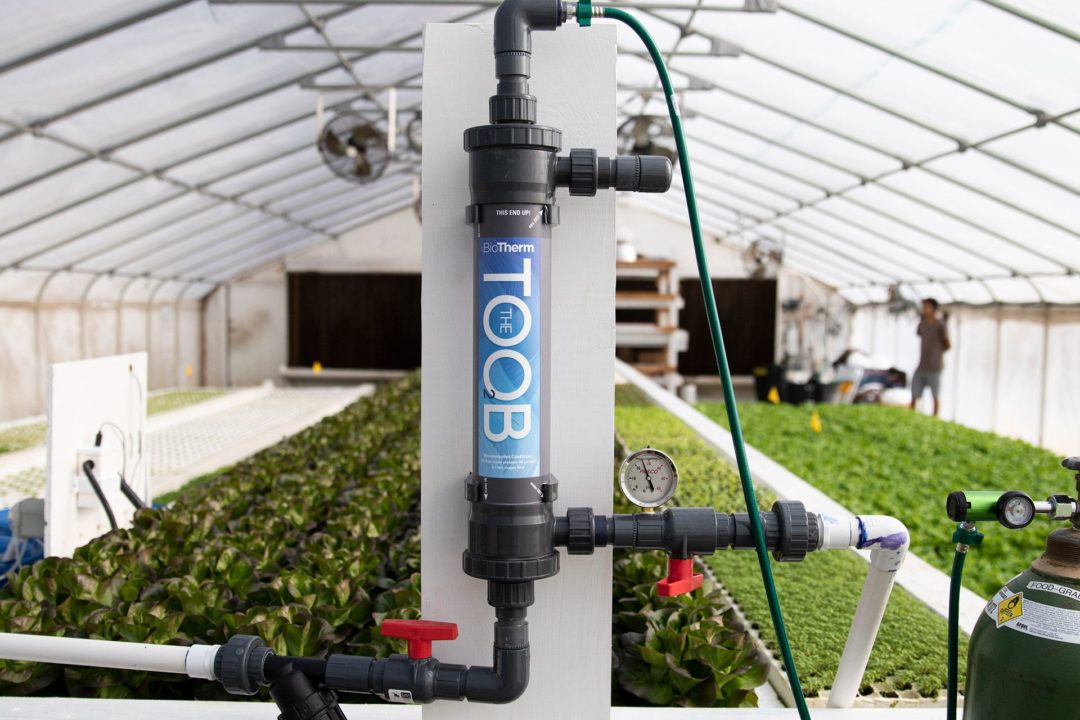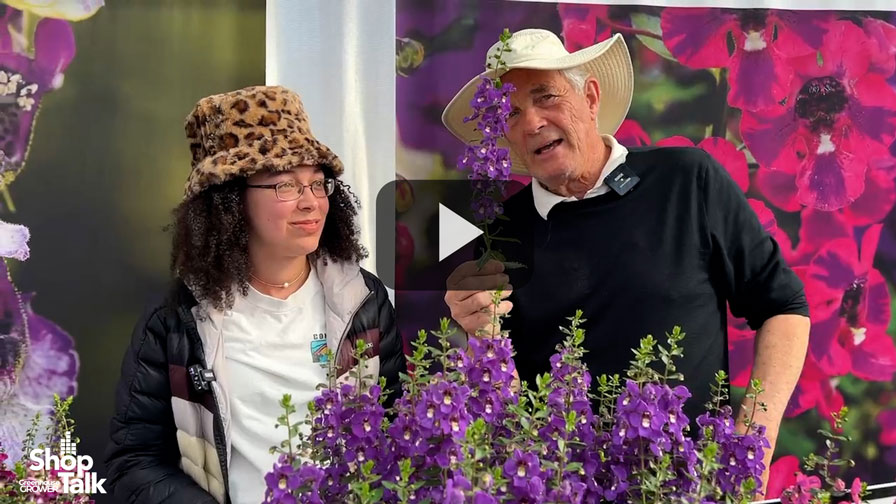Research, Education, and Extension Programs Adapt to COVID-19
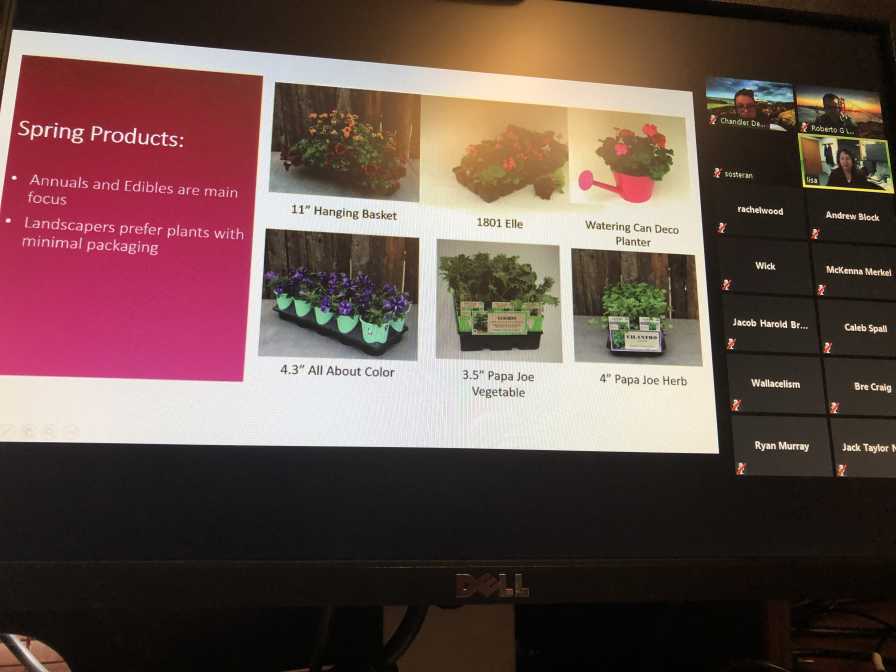 The coronavirus pandemic has had a profound effect on research, Extension, and education programs at land grant institutions, from sudden abandonment of research projects to a shift to online learning.
The coronavirus pandemic has had a profound effect on research, Extension, and education programs at land grant institutions, from sudden abandonment of research projects to a shift to online learning.
Here’s how a few leaders at the university level are being affected.
A.J. Both (Department of Environmental Sciences, Rutgers University)
“Our research has halted and all classroom instruction is now online. Extension activities have shifted online since face-to-face meetings are strongly discouraged. Most academic colleagues are in the same boat.
“In the short term, everyone in our industry is in survival mode: staying healthy and getting supplies to provide for our families. For the long term, while most individuals will survive, the impact on (what used to be) our daily lives will be significant. Many businesses will have a hard time reopening due to financial and personnel considerations. It is still too early to predict what the overall impact on our industry will be, but it is not inconceivable that the impact will last a very long time.
“We don’t have any plans for major changes yet. The only advise I have is be kind and considerate and do the best you can. We’re all in this together.”
Chieri Kubota (Department of Horticulture and Crop Science, The Ohio State University)
“Ohio State requested all employees stay home, and we all had to terminate our research except what is considered essential. I am still keeping hydroponics crops that are used for summer teaching, but everything else was terminated (research on strawberry, vegetable grafting, and leafy greens). Graduate students and undergraduate students in my lab are the most affected. I am encouraging them to spend this time on reviewing literatures and writing. I meet my students weekly (at least and more if needed) and these meetings are now online (Zoom). My lectures are now 100% online. Transition to online was not difficult on my side as I have been doing online teaching, but some students new in online learning may have technical issues.
“I think all my colleagues are trying to keep up with the work and trying to be productive, despite the magnitude of this. Junior faculty members with small kids may be the hardest hit (other than loss in research) as daycare is no longer available. We will not see the real impact until this is over, but I really hope that impact is not all negative. Possible positive aspects may be more availability of online teaching and changing the way we teach students in universities.”
Erik Runkle (Department of Horticulture, Michigan State University)
“Michigan State suspended face-to-face instruction on March 11, and all students were strongly encouraged to return to their permanent addresses. Almost all faculty, staff, and graduate students are required to work from home. As of the end of March, all research was to be terminated as well, with very few exceptions. Unfortunately, that meant we had to abort most experiments that were underway, as well as postpone research that we had planned to begin soon. The university is not closed, however, and a lot of activity continues through e-mail, video conferencing, etc. Updates on MSU’s response to the pandemic are listed here: https://msu.edu/coronavirus/latest-updates.
“Virtually all university travel has been suspended as well, including in-state trips to visit growers. That means we in Extension can’t visit greenhouses or garden centers, and have had to cancel or postpone all in-person events. Some growers are sending us photos of plants with undesirable symptoms, but it’s challenging to identify the source of the problem without being able to examine the plants in person. Fortunately, our Plant & Pest Diagnostics lab is still accepting samples shipped by mail.
Margery Daughtrey (Cornell University)
“I have an Extension/Research position with Cornell, and COVID-19 has caused me to pause my research (because we are at home, no longer at the Long Island Horticultural Research & Extension Center to conduct it) and to keep on with my Extension work. Extension is all about communication, and growers who need help with plant pathology are reaching me via email. In many cases, a few good sharp photographs are sufficient basis for me to provide helpful advice, even though I can’t be sure of which pathogen is responsible without a specimen to culture and examine under the microscope.
“Growers in New York are happier now that they have been reassured they are essential, which was news just this morning. Moving the crops out to customers will be challenging with everyone hunkered down, staying at home to try to flatten the curve. Spring is just beginning here, so we hope the stay-at-homers will feel a powerful need to garden over the next several months, and that the workforce in the greenhouse industry can stay healthy!”
Mary Hausbeck (Michigan State)
“I’ve been working from home for about three weeks. I had become concerned that our research program/activities would be paused, so I began the preparations in my lab to wrap up our studies and place our pathogens into long-term storage. Luckily, I had initiated this prior to the “Stay Home” order because it has taken us time to finish what we had going and ensure that we would be able to pick up our research with minimal loss, once we’re allowed to return. Agriculture is considered essential, and we are allowed to keep our research plants alive in the research greenhouses and growth chambers. This is especially important for our downy mildew pathogens that require living plants. My graduate students are working from home and writing up as much of their research as they can. We are keeping our normal hours and touch bases each week via video where we first share factoids about our pets (and their antics) or what TV shows/movies are worth watching. After that, one graduate student presents a seminar about their research and we discuss the results and trouble shoot any of the difficulties being encountered.
“I’m handling a lot of growers’ questions via plant photos that are shared via text and email. I provide recommendations based on those photos. I’m also writing disease recommendations that are published via the MSU AgNews extension platform. I have four graduate students who will finishing their thesis/dissertation this spring/summer, so I have a lot of reading and editing to do! Luckily, these students were able to complete nearly all of the required research prior to the “Stay Home” order so their graduation won’t be delayed.”
Roberto Lopez (Michigan State University)
“I’m teaching two courses this semester. “HRT 323: Floriculture Production: Annuals and Perennials” is a lecture and lab undergraduate course with 26 students, and “HRT 894: Graduate Seminar” is a graduate course with 11 students. All instruction moved online on March 11, and luckily most of my class materials were already online. In HRT 323, we were growing more than 80 different floriculture crops and had field trips scheduled to visit commercial greenhouse operations around Michigan. Up until the governor issued the stay at home order, I would take environmental and cultural data and photos of the crops and we would have discussions on Zoom and have virtual plant ID quizzes in addition to lectures.
“We are now having virtual greenhouse tours of prerecorded videos made by faculty across the U.S. Additionally, I reached out to the greenhouse community to see if they would be available to talk to my class about various topics including: “life of a greenhouse owner”, “life of a grower”, “careers in the greenhouse industry”, “From MSU to my current position”, “Branding and marketing, “online sales of plants”, etc. I had such an overwhelming response that I filled all the lab slots in one day. Overall, we are doing our best wit




